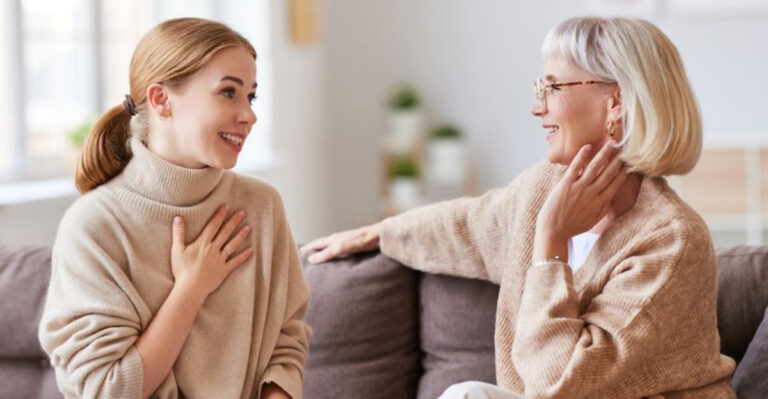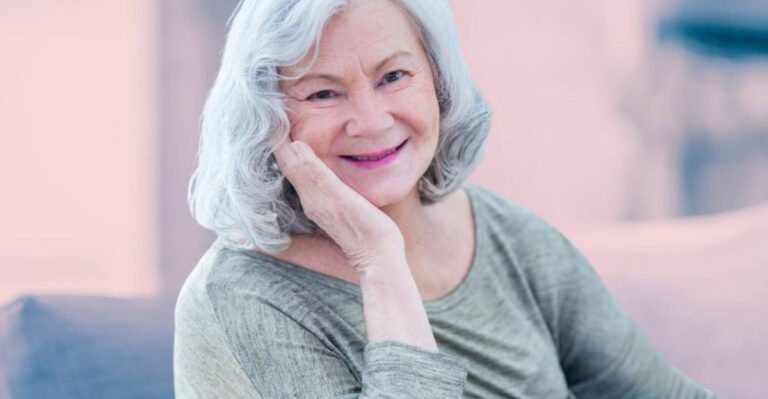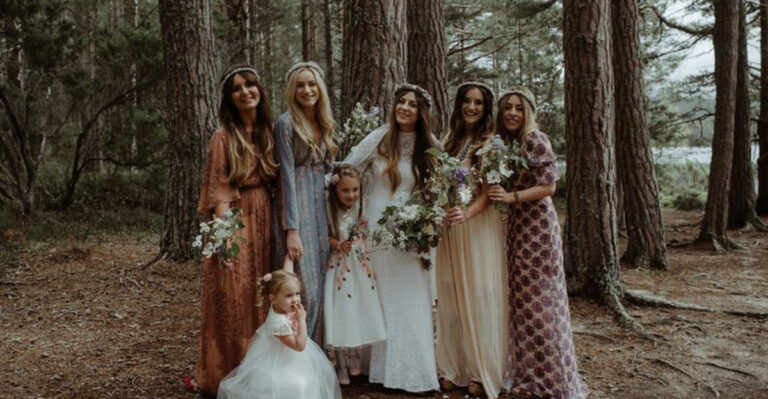32 Reasons People Lose Interest In Leaving The House As They Get Older
There comes a point where the idea of staying home just feels… better. It’s not sadness. It’s not laziness. It’s something quieter—a shift in energy, in priorities, in how much space you have left for small talk and tight shoes.
For some, it’s a slow withdrawal. For others, it’s a conscious decision to stop giving so much of themselves to a world that doesn’t always feel worth the effort.
Here are 32 reasons people start retreating inward—and why that choice makes more sense than it gets credit for.
1. Being around people takes more energy than it gives
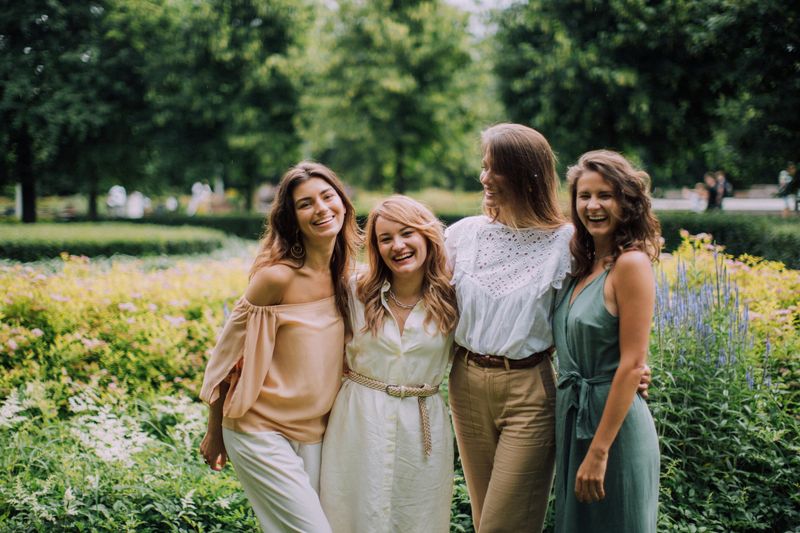
In the glow of youth, social interactions often feel invigorating, a buzz of energy exchanged with each conversation. Yet, as time wears on, the scales begin to tip. Where once there was a vibrant pulse of connection, now there lies a subtle exhaustion. The effort it takes to engage, to listen, and to respond starts to drain rather than replenish.
A quiet evening at home, with a favorite book or a gentle melody, begins to offer a deeper fulfillment than the lively chatter of a dinner party. The peace found in solitude becomes a cherished companion, a safe haven from the demands of social expectations.
This isn’t about isolation; it’s about choosing where to spend one’s energy. For many, the return on investment from social engagements dwindles, leaving a preference for the calm and comfort of one’s own space. It’s not about rejecting others, but about embracing the tranquility that solitude can bring.
2. They’ve already done the social scene—and they’re over it
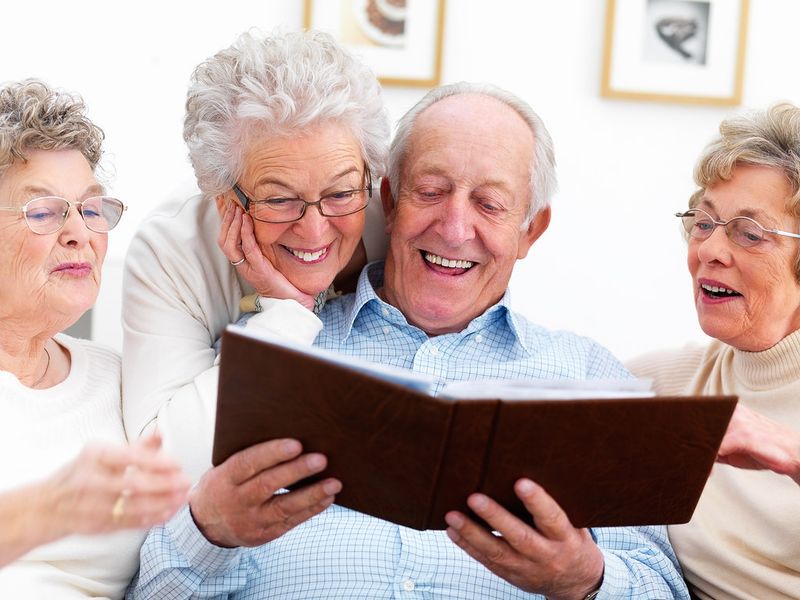
Once upon a time, the thrill of a night out was undeniable. The anticipation of dressing up, the laughter shared over clinking glasses, the music that pulsed through the veins. But like all things, the novelty of the social scene can fade.
For those who have spent years navigating the ebb and flow of gatherings, there comes a point where the allure just isn’t there anymore. The same conversations, the predictable outcomes, the noise that once felt like life now feels like an echo.
There’s a realization that they’ve experienced the highs and the lows, and the urge to seek new experiences outside the home dwindles. The appeal of a night spent with familiar comforts, wrapped in the warmth of nostalgia, outweighs another evening in a crowded room. It’s a choice to savor the memories rather than chase new ones.
3. Driving feels more stressful than it used to
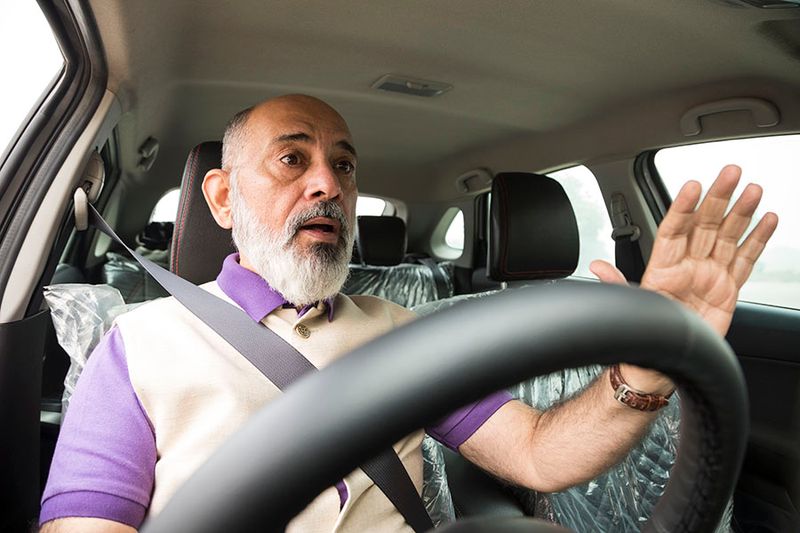
The open road once symbolized freedom, a pathway to adventure and possibility. But as the years roll by, the simple act of driving can transform into a source of stress. The bustling traffic, the honking horns, the urgency of other drivers—they all contribute to a growing anxiety behind the wheel.
For some, the thought of navigating through the chaos becomes daunting. The once joyful drive to a friend’s house or a concert now feels like an obstacle. Visions of accidents, delays, and the never-ending sea of taillights can weigh heavily on the mind.
Choosing to stay home becomes a decision for peace over stress, a preference for the serene over the chaotic. The comfort of home, with its familiar sights and sounds, becomes a sanctuary from the unpredictability of the road. It’s not a retreat, but a reassessment of what’s truly enjoyable.
4. Loud spaces feel more overwhelming than fun

The once-thrilling hum of a bustling restaurant or the pounding bass of a club can start to lose its charm. Where there was excitement, now there may be discomfort—an overwhelming cacophony of sounds that drowns out conversation and muddles thoughts.
For many, it becomes increasingly difficult to enjoy the chaos. The constant bombardment of noise, lights, and activity can leave one feeling drained rather than energized. The once appealing idea of being in the heart of the action now feels more like sensory overload.
Retreating to quieter environments isn’t about shutting out the world, but about finding a space where one can hear their own thoughts and enjoy the company of others without shouting over the din. It’s about choosing intimate conversations over the roar of a crowd, where the connection feels genuine and unforced.
5. Their home actually feels like peace
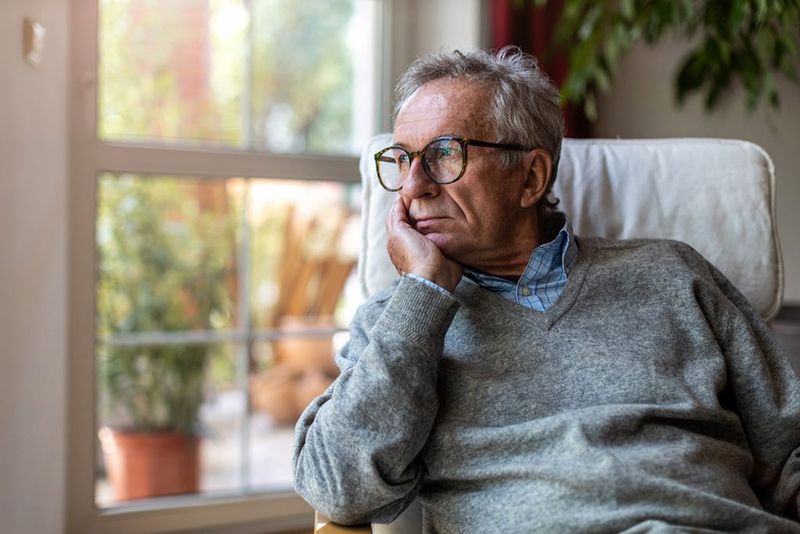
Home isn’t just a place; it’s a feeling—a sanctuary crafted by the moments and memories that make it uniquely yours. For those who find joy in their surroundings, the allure of staying in grows stronger with time.
The outside world, with its unpredictable pace and demands, contrasts sharply with the predictable comfort of one’s own space. Here, they’re free from the expectations of society, free to be exactly who they are, without pretenses or facades.
Every corner holds a story, every room a sense of familiarity. The peace that envelops them at home becomes a cherished part of daily life. It’s not about avoidance, but about finding contentment in the simple pleasure of being where they truly feel they belong.
6. Cancelled plans feel more like relief than disappointment

Once the bane of social butterflies, cancelled plans can unexpectedly bring a sigh of relief. The freedom of an unscheduled evening opens up a world of possibilities, all within the comforts of home.
Rather than feeling left out, many come to relish the opportunity to unwind, to step out of the social whirl and into a space of their own. It’s a chance to indulge in solitary pleasures, whether that’s catching up on a favorite show, diving into a hobby, or simply enjoying the quiet.
This isn’t about being unreliable or antisocial; it’s about recognizing when to pause and recharge. The joy of an unexpected evening in can surpass the pressures of stepping out, turning what once was seen as a setback into a welcome reprieve.
7. They’re tired of surface-level small talk

The art of conversation is a dance, one where the steps of surface-level small talk can grow tiresome over time. The endless cycle of pleasantries and predictable questions can begin to feel hollow.
For those who crave depth, the shallow waters of casual chatter no longer satisfy. There’s a longing for conversations that stir the soul, that explore the vastness of human experience rather than skim its surface.
Choosing to stay home doesn’t mean avoiding others, but seeking out interactions that truly matter—where words carry weight and exchanges are genuine. It’s about quality over quantity, a desire for authenticity in a world often teetering on the superficial.
8. Dressing up feels like a chore, not a joy
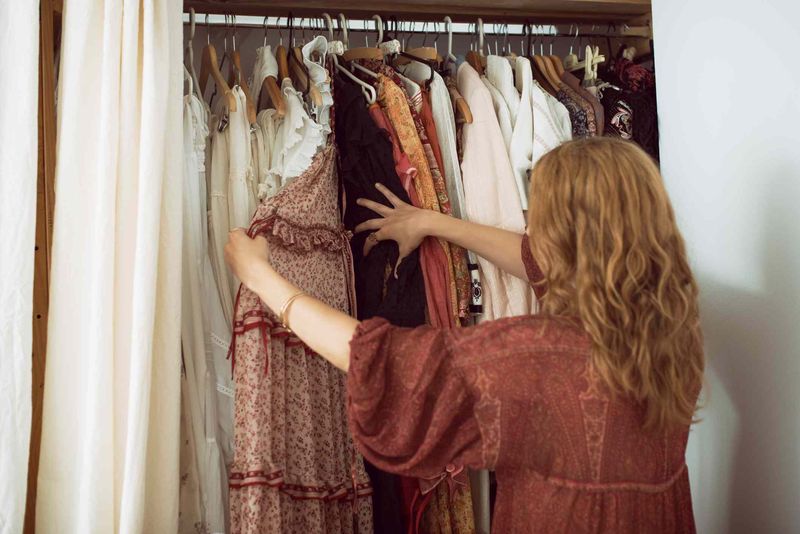
The ritual of dressing up, once a source of excitement and expression, can start to feel like an obligation. The time spent choosing an outfit, the effort of getting ready—it all begins to seem more like a chore than a joy.
For some, the comfort of casual wear offers an honesty and ease that is hard to beat. The clothing becomes less about appearance and more about personal comfort and authenticity.
Staying in allows for an embrace of one’s true self, free from the pressures of public presentation. It’s not about giving up on style, but rather about prioritizing comfort and self-contentment over societal expectations.
9. They value solitude in ways they didn’t before
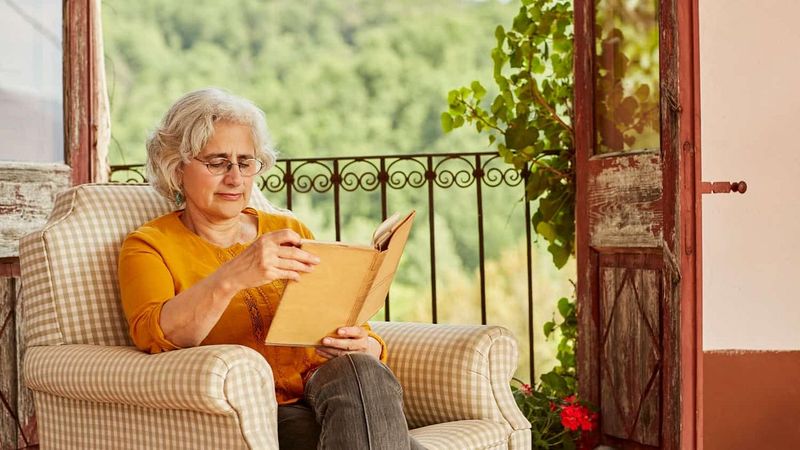
As life grows more complex, the value of solitude becomes increasingly apparent. The quiet moments alone offer clarity, a chance to reflect and recharge away from the chaos.
Where once there was a fear of missing out, there now blooms a contentment found in solitude. Being alone doesn’t equate to loneliness; rather, it’s an opportunity to reconnect with oneself, to indulge in thoughts and passions without interruption.
Choosing solitude isn’t a rejection of the world, but a preference for moments that feel authentic and fulfilling. It’s about finding peace in one’s own presence, savoring the stillness that allows the noise of the world to fade away.
10. They’re more selective with their time—and who gets it
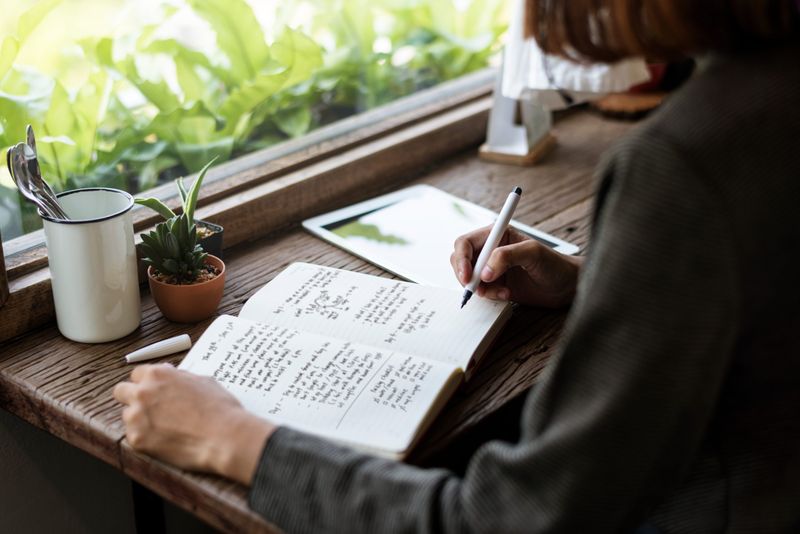
Time, once seen as an endless stretch, begins to feel more precious as years pass. With this realization comes a heightened selectivity in how and with whom one chooses to spend it.
Gone are the days of obligatory social outings; now, there’s a discernment that guides decisions. The focus shifts to relationships that offer genuine connection and joy, rather than those born out of convenience or habit.
This selectivity isn’t about shutting people out, but about prioritizing meaningful interactions. It’s about choosing moments that enrich life, rather than simply fill the calendar. The luxury of choice becomes a way to honor oneself and the time one has.
11. The risk of physical discomfort or pain just isn’t worth it

The body, once resilient and adaptable, may begin to voice its own preferences over time. The aches and pains that accompany standing for long periods, the discomfort of navigating crowded spaces—these can weigh heavily on decisions to venture out.
For many, the risk of physical discomfort begins to outweigh the rewards of social interaction. The idea of enduring pain for the sake of an outing becomes less appealing as the comfort of familiar surroundings grows more inviting.
Choosing to stay in isn’t about giving in to limitations but recognizing the value of comfort and well-being. It’s a decision to prioritize physical health and peace of mind over external expectations, embracing a slower, more mindful way of living.
12. They no longer feel pressure to “keep up” socially
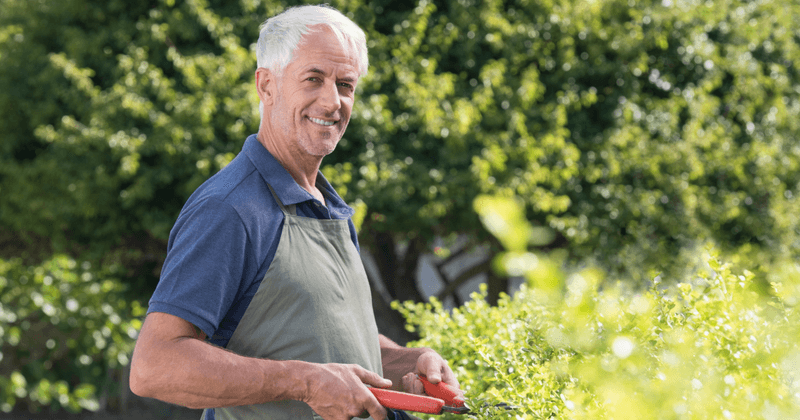
The constant pressure to be in the loop, to attend every event, to always be seen—they begin to fade as priorities shift. The social race, once seemingly vital, loses its urgency.
There’s a liberation in choosing not to keep up, in stepping back from the hustle and bustle to embrace a slower pace. It’s not about falling behind, but about setting one’s own rhythm and finding contentment in that choice.
This newfound freedom allows for deeper connections with oneself and others, unhindered by the need to constantly be on the go. It’s a peaceful rebellion against the hurried pace of the world, in favor of a more intentional, fulfilling existence.
13. Past experiences have made them more guarded
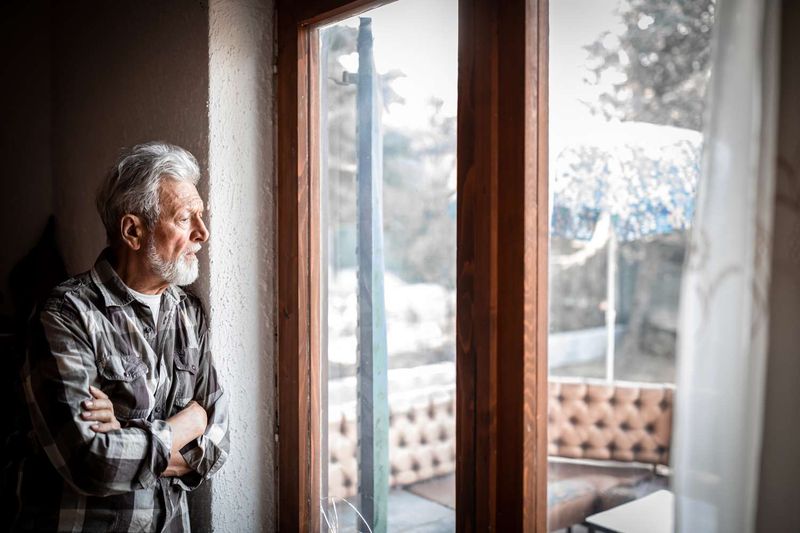
Life’s journey is paved with a myriad of experiences, some of which leave lasting impressions. For some, past interactions may have instilled a sense of caution, a guard that comes up in social situations.
The heart learns to protect itself from potential hurt, and the mind becomes wary of repeating past mistakes. This guardedness isn’t about shutting others out, but about being discerning with energy and emotions.
Choosing to stay in can offer a buffer, a space where vulnerability feels safer. It’s an opportunity to heal and grow without the pressure of external dynamics, a chance to nurture oneself in the comfort of familiar surroundings.
14. They’re mentally exhausted by overstimulation

In a world that constantly clamors for attention, overstimulation can quickly lead to mental exhaustion. The barrage of notifications, the endless stream of information, the constant demand for engagement—it all takes its toll.
The mind yearns for respite, for a break from the chaos. Choosing to stay in provides a sanctuary from the noise, a place to rest and recharge without the pressures of external demands.
This isn’t about shutting the world out, but about creating a balance between engagement and rest. It’s about recognizing the limits of one’s energy and giving oneself permission to step back, to breathe, and to find peace amidst the quiet.
15. Errands can be done from home now—so why go out?

The digital age has brought convenience to the fingertips, transforming how errands are perceived and handled. Groceries, banking, shopping—tasks that once required a trip out can now be accomplished with a few clicks.
For those who find the hustle of running errands burdensome, this shift is a welcome relief. The ability to manage daily tasks from home saves time and energy, allowing for more leisure and less stress.
Choosing to stay in isn’t about avoiding responsibilities, but about embracing efficiency. It’s the realization that the world can come to you, and the choice to use that time saved for pursuits that truly matter.
16. They’ve learned to enjoy their own company
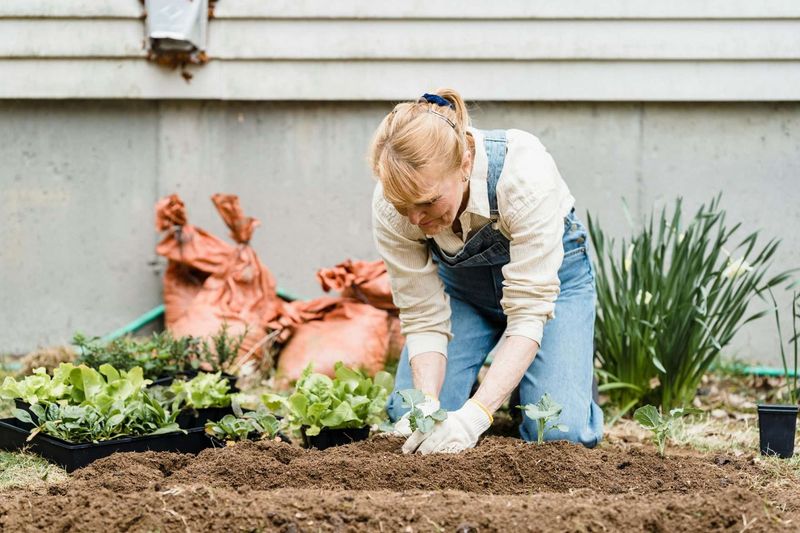
There’s a unique joy in discovering the richness of one’s own company. The solitude that once might have seemed daunting becomes a canvas for creativity and reflection.
In these moments, hobbies flourish, interests deepen, and self-awareness grows. Being alone is no longer synonymous with loneliness; it’s a time to explore passions and enjoy the freedom of unstructured time.
This self-contentment shifts the perspective on socializing. The need for external validation wanes in favor of personal fulfillment. It’s a gentle acceptance of self, a celebration of who they are, without the need for constant companionship.
17. They’re no longer interested in pleasing others

The endless cycle of seeking approval can become exhausting, and with age comes the realization that pleasing others isn’t necessary for happiness.
The need to meet expectations, to fit into molds, gradually fades, replaced by a confidence in who they are and what they want. This shift allows for a more authentic existence, free from the burden of others’ opinions.
Choosing to stay in is a statement of self-assurance, a testament to prioritizing personal desires over societal pressures. It’s an embrace of individuality, and the peace that comes with it.
18. There’s a comfort in routine that’s hard to explain
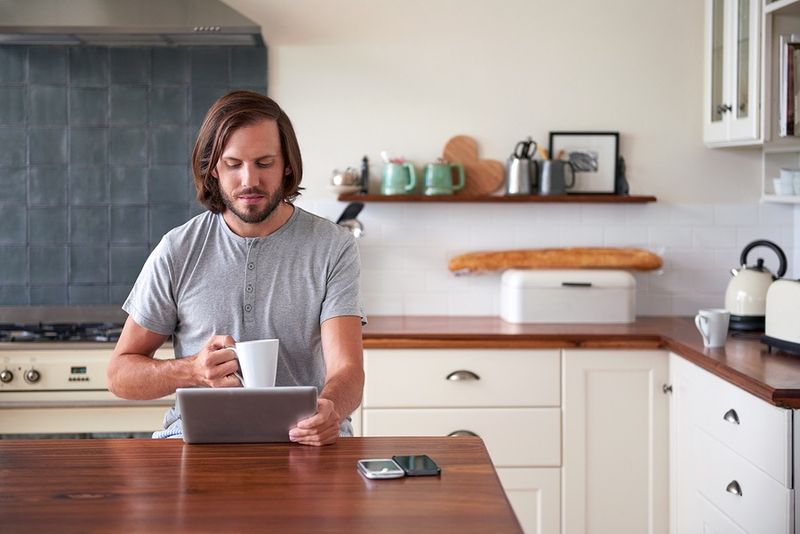
Routine can be a beautiful thing—a series of familiar actions that ground and comfort. As life grows more unpredictable, the stability of routine provides a soothing anchor.
For many, the predictability of daily rituals brings a sense of peace. The morning coffee, the evening walk, the quiet moments of reflection—they become cherished aspects of the day.
Choosing to stay home allows for the cultivation of these routines without disruption. It’s about finding joy in the ordinary, and the calm it brings amidst life’s uncertainties.
19. They don’t feel seen or understood in social spaces

Amidst the chatter and clamor of social gatherings, there can be moments of profound invisibility. The feeling of being unseen or misunderstood within a crowd can lead to disconnect rather than connection.
For those who value deep, meaningful interactions, this disconnect becomes a deterrent. The longing for genuine understanding and acceptance outweighs the superficial connections often found in larger social settings.
Choosing to stay in is an acknowledgment of this desire for authenticity. It’s about creating spaces where they feel truly seen and understood, where interactions are genuine and fulfilling.
20. Safety concerns have changed how they navigate the world
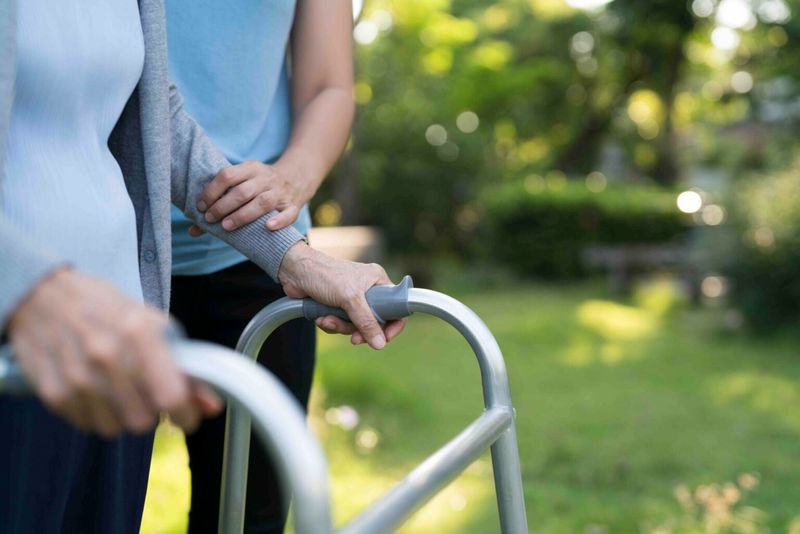
The world can feel like a more uncertain place over time, and safety becomes a growing concern. News reports, personal experiences, and societal changes all contribute to an increased awareness of potential risks.
This heightened sense of caution can alter how one approaches leaving the house. The decision to stay in is often about weighing these concerns against the desire to be out and about.
Choosing home isn’t about living in fear, but about valuing safety and comfort. It’s a decision to prioritize peace of mind and well-being in an ever-changing world.
21. Social anxiety gets worse with age for some

Social anxiety doesn’t always fade with age; for some, it intensifies. The fear of judgment, the discomfort of new situations, the overwhelming nature of large gatherings—these feelings can grow stronger over time.
The uncertainty of social interactions can become a significant barrier, creating stress before, during, and after events. The mental and emotional toll of these experiences can lead to a preference for the comfort and control found at home.
Choosing to stay in is a way to manage this anxiety, to find solace in familiar surroundings where the pressure to interact is alleviated. It’s about creating a space of safety and calm amidst internal turmoil.
22. They’ve realized how draining “obligations” can be

The weight of obligations—events attended out of duty rather than desire—can become increasingly burdensome. The endless cycle of commitments can sap energy and enthusiasm, leaving one feeling stretched too thin.
As priorities shift, the realization comes that not every invitation requires acceptance. The freedom to decline becomes a cherished right, the ability to choose rest over obligation a newfound luxury.
Choosing to stay in is a choice to honor one’s limits, to prioritize well-being over appearances. It’s about letting go of the need to meet every expectation and finding joy in simplicity.
23. Quiet hobbies bring more joy than crowded outings
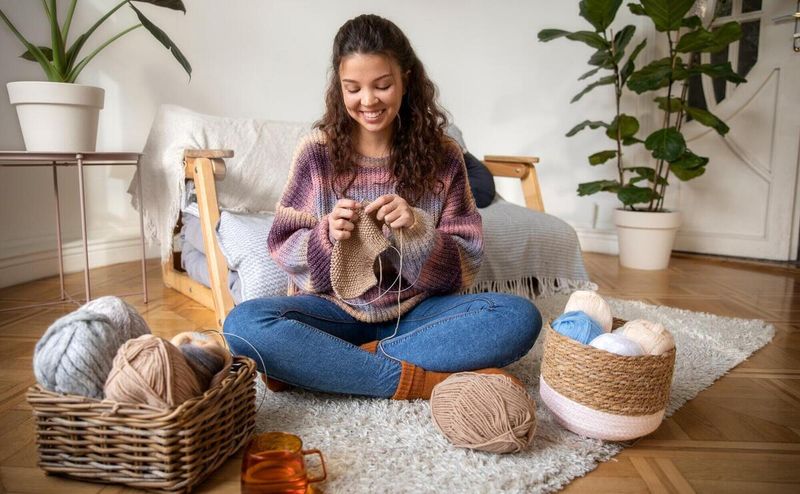
There’s a simple pleasure in the quiet pursuit of hobbies, an absorption that offers joy far beyond the clamor of crowded outings. Whether it’s gardening, painting, or reading, these activities provide a sense of fulfillment and peace.
The creativity and focus required engage the mind and soothe the soul, offering a respite from the outside world’s demands. The satisfaction of tangible progress, the beauty of creation—the rewards are plentiful and personal.
Choosing to stay in to indulge in these hobbies isn’t about avoidance; it’s about celebrating the small joys of life, nurturing passions that bring genuine happiness.
24. They’re not trying to impress anyone anymore
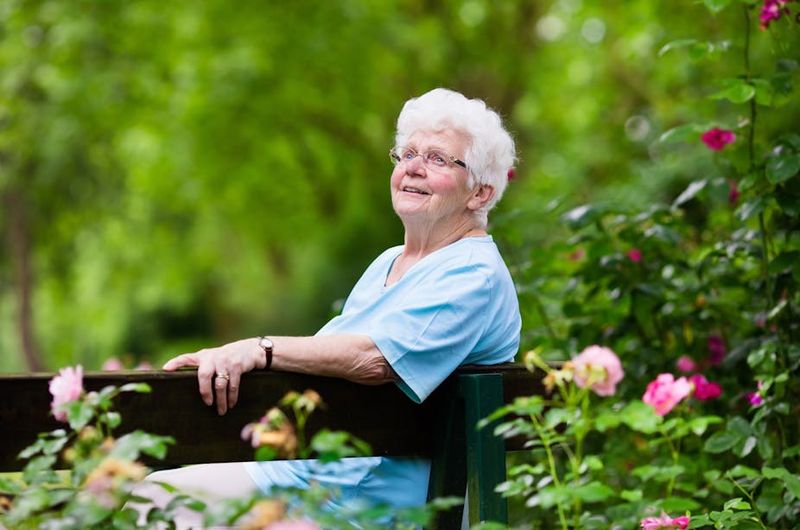
The need to dazzle, to impress, to constantly present a polished image begins to wane. As years pass, the importance of external validation diminishes, replaced by a desire for authenticity.
This shift allows for a more genuine expression of self, free from the constraints of impressing others. The pressure to conform, to meet expectations, gives way to the freedom of being true to who they are.
Choosing to stay in is a decision rooted in this authenticity, a choice to prioritize comfort and self-acceptance over outward appearances. It’s about living life on one’s own terms, with confidence and grace.
25. Family dynamics or friend circles have shifted

Life’s ever-changing landscape can alter the tapestry of relationships. Family dynamics shift, friends move away, circles that once felt close may widen over time.
These changes can impact the desire to go out, as the familiar faces and connections that once drew someone out have transformed or faded. The effort to rekindle or navigate these changes can feel daunting.
Choosing to stay in becomes a way to honor these shifts, to find contentment in the new dynamics and cherish the memories of the past. It’s about embracing the present, finding joy in the connections that remain strong and meaningful.
26. They’ve outgrown a lot of social environments
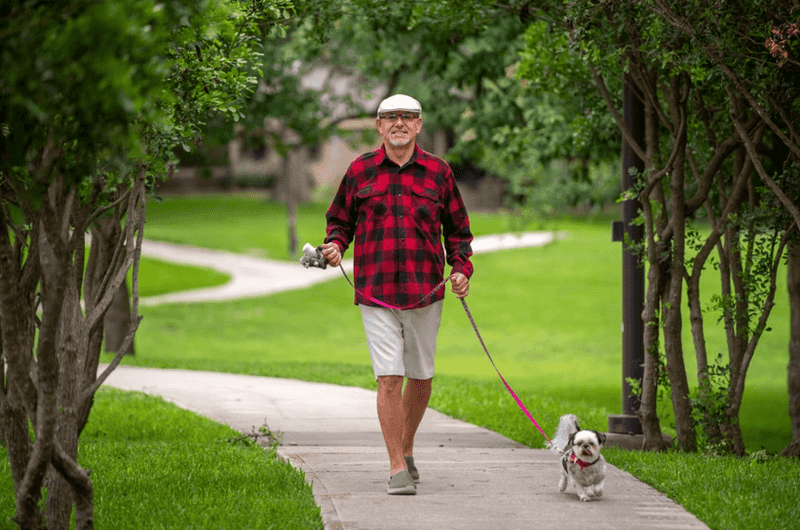
Places that once buzzed with excitement—clubs, bars, crowded events—may now feel outgrown. The energy that once drew someone in now feels misaligned with their current state of being.
This isn’t about rejecting fun, but about recognizing growth. The places and activities that once held significance may no longer resonate, replaced by a desire for more meaningful experiences.
Choosing to stay in reflects this growth, an embrace of new interests and priorities. It’s about finding fulfillment in places and activities that align with who they are now, rather than who they were then.
27. Emotional burnout makes recovery harder after going out
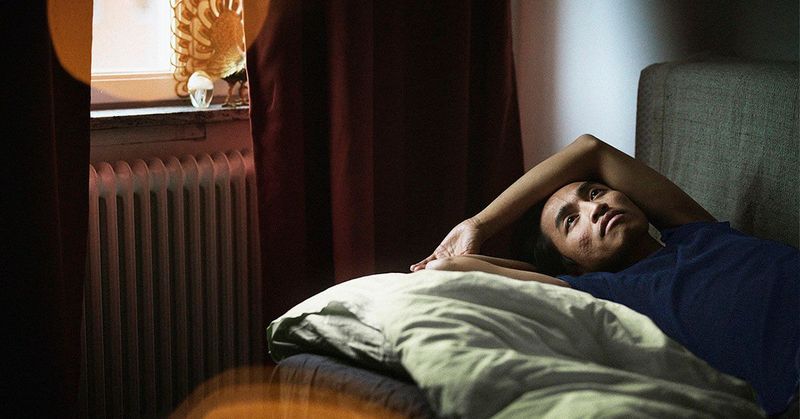
The emotional toll of socializing can accumulate over time, leading to burnout. The energy required to engage, to connect, to maintain appearances can leave one feeling drained and depleted.
Recovery becomes a longer, more challenging process as emotional reserves are tapped into more frequently. The once-refreshing act of going out now requires a significant investment of time and energy to recuperate.
Choosing to stay in is a way to protect these emotional reserves, to nurture oneself without the added strain of social demands. It’s about recognizing limits and respecting the need for rest and rejuvenation.
28. They’ve simplified their priorities—and outside noise isn’t one of them
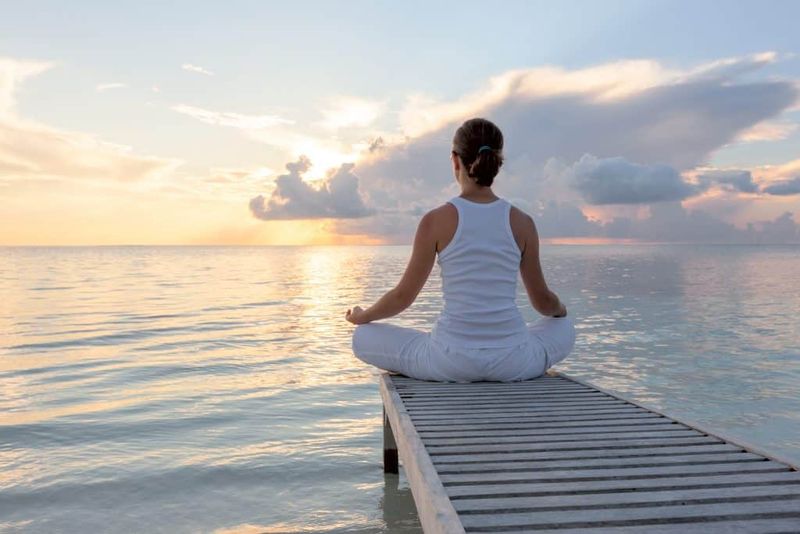
As life grows more intricate, there’s a natural gravitation towards simplicity. The noise, the chaos, the external demands—they start to lose their importance as priorities are reevaluated.
The focus shifts to what truly matters, the things that bring genuine joy and peace. For many, this means letting go of the need to constantly engage with the outside world, finding fulfillment in simpler, quieter pursuits.
Choosing to stay in reflects this simplification, a decision to embrace calm and clarity over the hustle and bustle. It’s about creating a life that feels authentic and aligned with one’s true values.
29. Alone doesn’t mean lonely anymore

The notion of solitude once carried the weight of loneliness, but with time, it evolves into something else entirely—a peaceful companionship with oneself.
Being alone becomes an opportunity to explore one’s interests, to savor the quiet moments that offer clarity and introspection. It’s a chance to engage with the world on one’s own terms, without the pressure of others’ expectations.
Choosing to stay in, or to enjoy solitary pursuits, reflects this newfound appreciation for solitude. It’s about embracing the richness of one’s own company, finding contentment in the space between social interactions.
30. They’ve made peace with slowing down
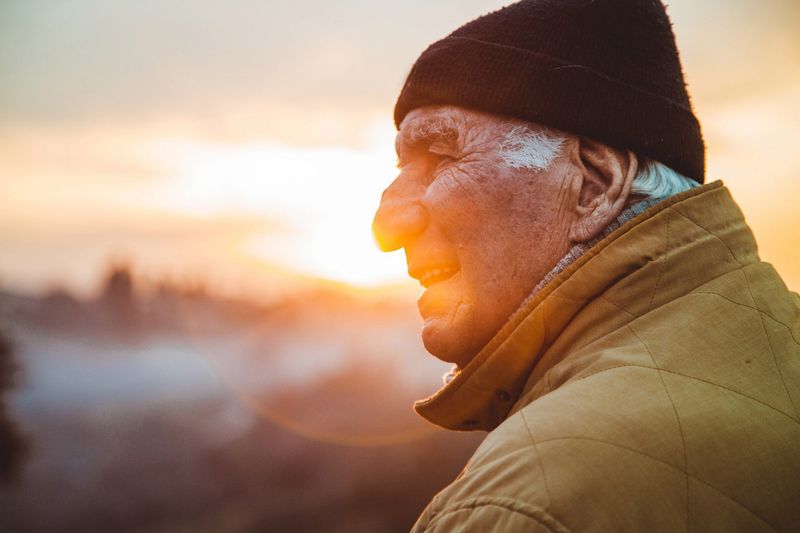
The fast-paced rush of life gradually gives way to a more gentle rhythm. The desire to keep up with every trend, every movement, every opportunity begins to fade, replaced by an appreciation for the slower moments.
There’s a grace in slowing down, in savoring each moment rather than rushing through. It’s about finding joy in the journey, rather than the destination, and embracing the present rather than always chasing the next thing.
Choosing to stay in reflects this peace, a choice to enjoy the richness of life at a more deliberate pace. It’s about letting go of the need to always be on the go and finding fulfillment in the here and now.
31. Appreciation for Home-Cooked Meals
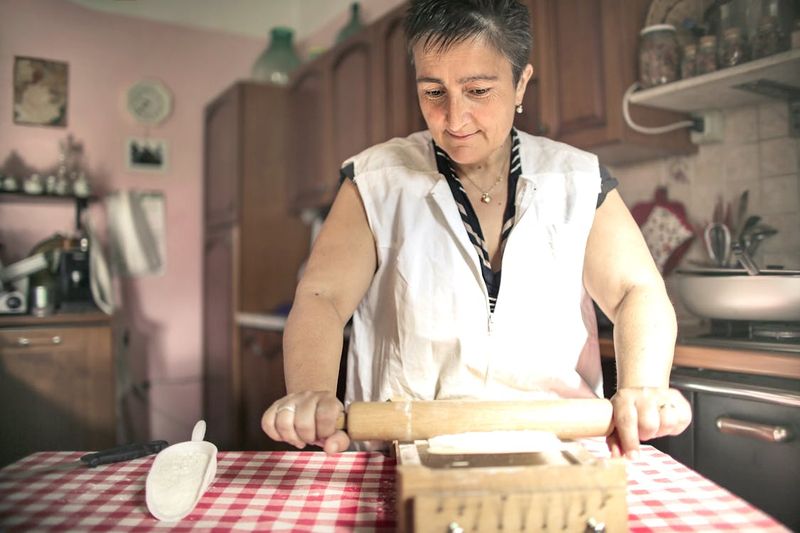
There’s something heartwarming about a meal cooked in one’s own kitchen. Perhaps it’s the familiarity of family recipes or the joy of creating something from scratch. As people age, dining out loses its appeal when compared to the satisfaction of a home-cooked meal.
For many, cooking becomes a cherished ritual. It offers a chance to unwind and reflect. It’s a sensory experience, filled with aromatic spices and savory tastes.
Did you know? Studies have shown that home-cooked meals can lead to healthier eating habits. This might be another reason why staying in becomes more attractive.
32. Connection to Personal Projects
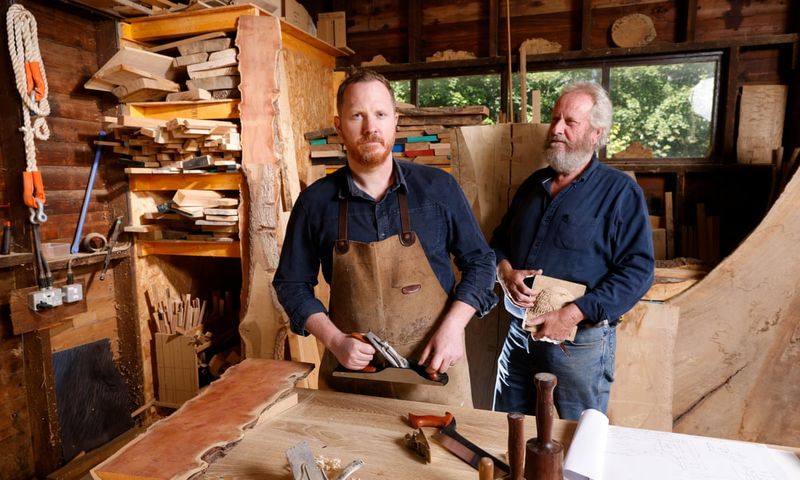
As we grow older, there’s often a deep-seated need to leave a personal legacy. Personal projects, such as woodworking or painting, become more than hobbies; they are expressions of self.
For many, these projects offer a sense of purpose and a creative outlet that going out simply cannot match. The garage or studio becomes a sanctuary, a place where time seems to stand still.
A fun fact: Many famous artists and inventors found inspiration in solitude. This connection to personal endeavors often keeps people nestled happily at home, far from the social scene.


